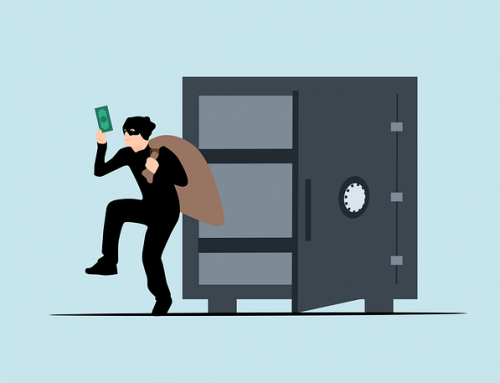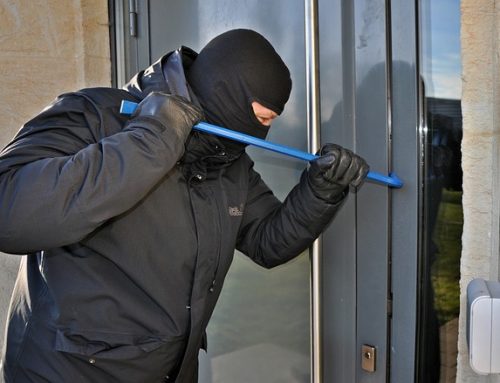Cosigning is a common American practice. It’s often done in relation to student loans, car loans, mortgages, etc. However, it’s also possible to cosign a bail bond. Believe it or not, cosigning on a bail bond is no less common than anything else. When someone you know well and trust, such as a close friend or family member, has been arrested and taken into custody, they’re probably going to be eligible for bail. However, not everyone who is eligible for bail is able to bail themselves out.
That being said, as common as cosigning a bail bond can be, it’s often a new experience for a lot of people.
Cosigning a bail bond isn’t all that different from cosigning anything else. You agree to be held financially responsible if the person being bailed out fails to show up for all of their court dates. It’s far less expensive to bail someone out of jail using the services of a bail bondsman than it is to pay the full amount of bail – which is why bail bonds are so popular. It allows a defendant to be released from custody without having to pay the full amount of bail.
It’s only when the defendant skips bail (fails to show up for court) that the full amount of bail must be paid. That’s why it’s so important to have a trusting relationship with the defendant. You will be held financially responsible if they fail to appear.
Close friends and family usually make the safest people to cosign a bail bond for. Unfortunately, that isn’t always the case. Only you know whether or not a person can be trusted, and if you’re asked to cosign a bail bond for someone, never do it unless you’re 100% sure that they will meet all of their court-related obligations.
No matter the outcome of the court case, whether innocent or guilty, the bond will be exonerated and no additional financial responsibility will be necessary.






